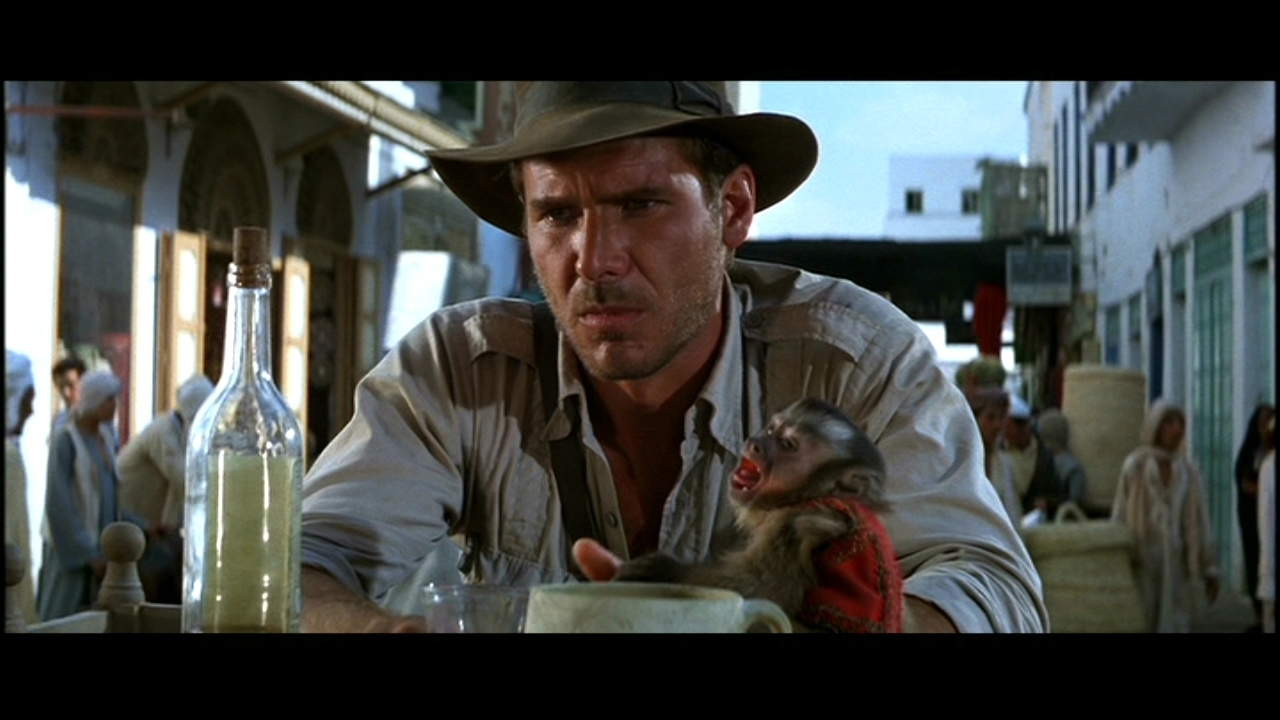Hiya escapists.
So I've spent some time thinking of killing.
I am no proponent of infanticide. If forced to choose, I'd rather kill a random grown person than a random child.
I am not the type to let my ethics be dictated by emotions, so I've been working on trying to understand why it is, logically, that it is better to kill an adult than a child.
The one logical reason I've arrived on is potential.
A child yet has potential to become a great person, contributing much to humanity, and live a fulfilling life, while most adults will already be living thoroughly mediocre lives, plus they have already gotten to experience a great deal of life, so I'm not taking away their potential to experience life in the first place, as I would to a child if I killed it. I believe it better to let two babies live half a lifetime each, than for one of them to live an entire lifetime at the cost of the other's life.
I consider this view to be consistent with my view that I'd rather kill a newborn child than a person who is currently doing something great for humanity as well.
So it seems that this logical basis for my ethics works well.
However, if I value life on the sole factor of potential, I should really be against abortion.
Which I'm not.
Moral code inconsistencies. Ouch.
An fetus has just as much potential as a newborn child, but still I'd rather terminate a pregnancy (given it isn't somwhere around the 7th month or later) than kill a grown person.
I've been trying to work out why it is I think like this. Am I simply biologically wired to value newborns over most every other life, this being what my ethics in truth are based on?
After all, in natural conditions, a newborn is worth more than a fetus, since pregnancies are risky and it's not even certain the mother will be able to carry the fetus to term. A newborn represents this risk overcome, and as such, working hard to preserve its life is far more reasonable than thinking "oh I can just make another one anyways".
I've also tried a different angle: seeing as a fetus's brain isn't highly developed, killing it isn't much worse than killing a fish or a similar low-standing animal.
But if I am valuing the lives of humans based on the stage of development their brain is in, I should more readily kill an infant than an adult.
The only somewhat satisfying answer I've been able to come up with is that I logically value life on the basis of both potential and brain development.

[small]Positive scale markers missing, because drawing arrows is hard.[/small]
The graphs may not be to scale in relation to one another.
So what do you think, escapists? How do you determine what human lives, on a general basis, are worth more?
So I've spent some time thinking of killing.
I am no proponent of infanticide. If forced to choose, I'd rather kill a random grown person than a random child.
I am not the type to let my ethics be dictated by emotions, so I've been working on trying to understand why it is, logically, that it is better to kill an adult than a child.
The one logical reason I've arrived on is potential.
A child yet has potential to become a great person, contributing much to humanity, and live a fulfilling life, while most adults will already be living thoroughly mediocre lives, plus they have already gotten to experience a great deal of life, so I'm not taking away their potential to experience life in the first place, as I would to a child if I killed it. I believe it better to let two babies live half a lifetime each, than for one of them to live an entire lifetime at the cost of the other's life.
I consider this view to be consistent with my view that I'd rather kill a newborn child than a person who is currently doing something great for humanity as well.
So it seems that this logical basis for my ethics works well.
However, if I value life on the sole factor of potential, I should really be against abortion.
Which I'm not.
Moral code inconsistencies. Ouch.
An fetus has just as much potential as a newborn child, but still I'd rather terminate a pregnancy (given it isn't somwhere around the 7th month or later) than kill a grown person.
I've been trying to work out why it is I think like this. Am I simply biologically wired to value newborns over most every other life, this being what my ethics in truth are based on?
After all, in natural conditions, a newborn is worth more than a fetus, since pregnancies are risky and it's not even certain the mother will be able to carry the fetus to term. A newborn represents this risk overcome, and as such, working hard to preserve its life is far more reasonable than thinking "oh I can just make another one anyways".
I've also tried a different angle: seeing as a fetus's brain isn't highly developed, killing it isn't much worse than killing a fish or a similar low-standing animal.
But if I am valuing the lives of humans based on the stage of development their brain is in, I should more readily kill an infant than an adult.
The only somewhat satisfying answer I've been able to come up with is that I logically value life on the basis of both potential and brain development.

[small]Positive scale markers missing, because drawing arrows is hard.[/small]
The graphs may not be to scale in relation to one another.
So what do you think, escapists? How do you determine what human lives, on a general basis, are worth more?

